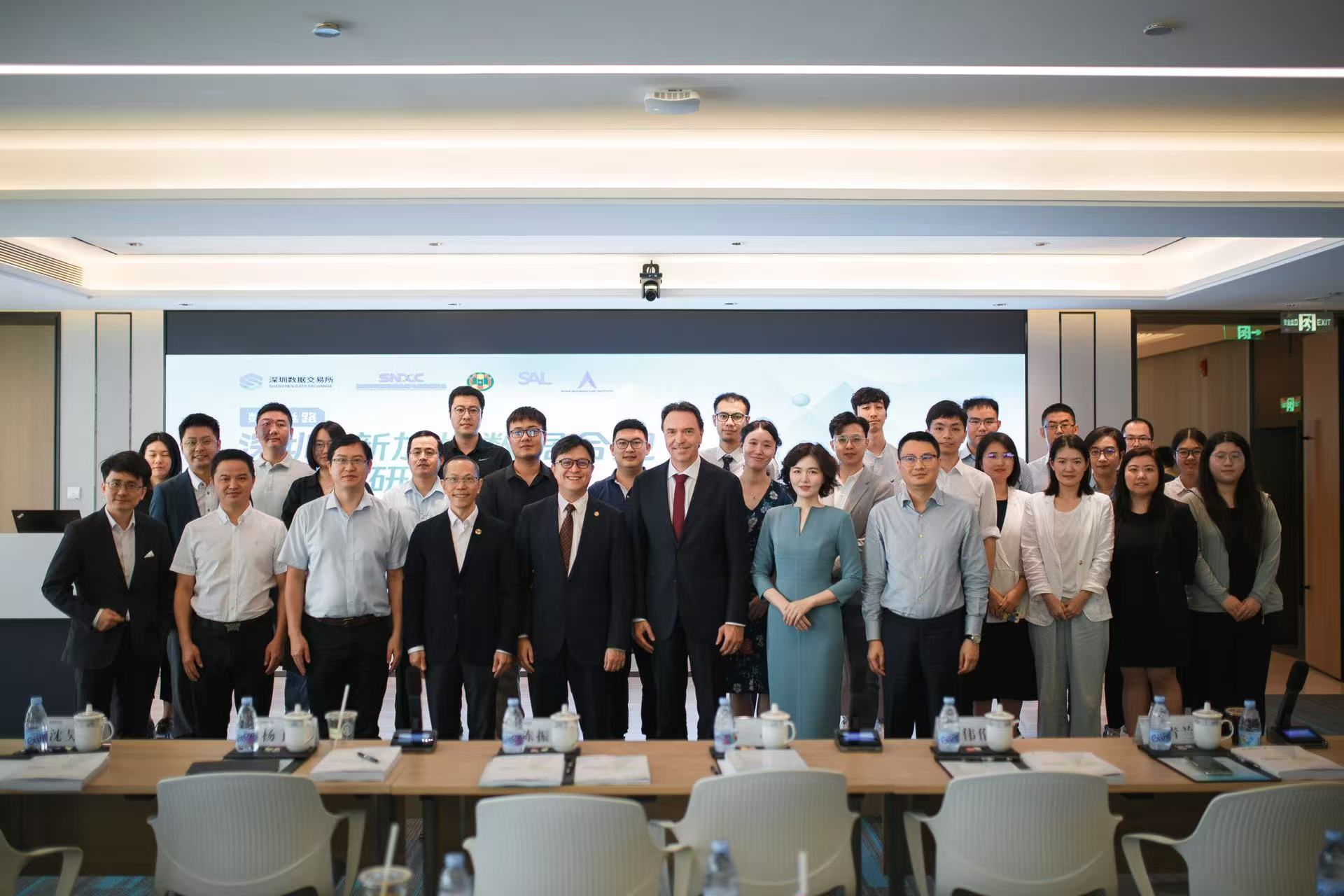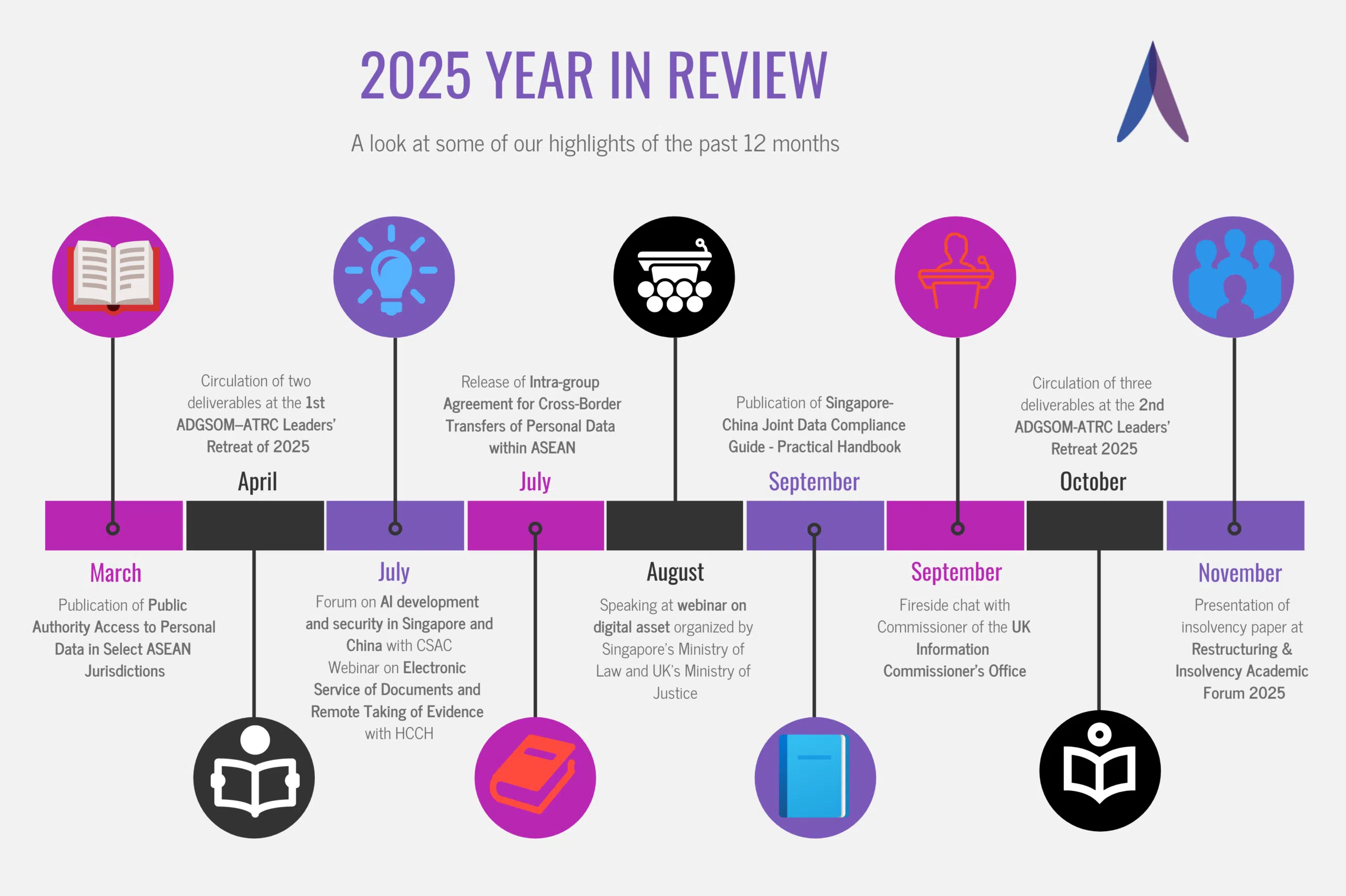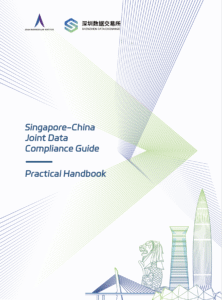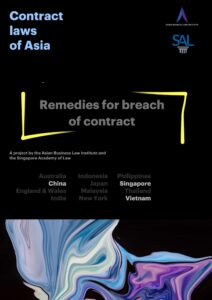Contract Laws in Asia

Background
Much has been written about contracts, the building blocks of domestic and international commercial transactions. Contract law is also one of the most fundamental courses taught in law schools, and increasingly in business schools. However, contractual disputes remain one of the largest sources of legal disputes, and advisors continue to spend an inordinate amount of time negotiating and drafting commercial contracts.
Since our inception, ABLI has always wanted to examine issues that arise in cross-border contracting with the view of “providing practical guidance”, a key tenet of our mission. Through conversations with different stakeholders over the years, we zeroed in on the constituency who is perhaps most concerned about and affected by the uncertainty and the cost of negotiation involved in cross-border contracting: the in-house counsel.
Between April to June 2021, ABLI conducted a survey with this very group. We oriented the survey questions towards contracting risks in four main areas: “formalities”, “substantive”, “supervening” and “international”. Eleven top issues surfaced. For example, 94% of the respondents worried that clauses on limitation of liability and indemnities may not be valid or work as intended under foreign law. About 75% expressed concern about dealing with foreign or dual language contracts.
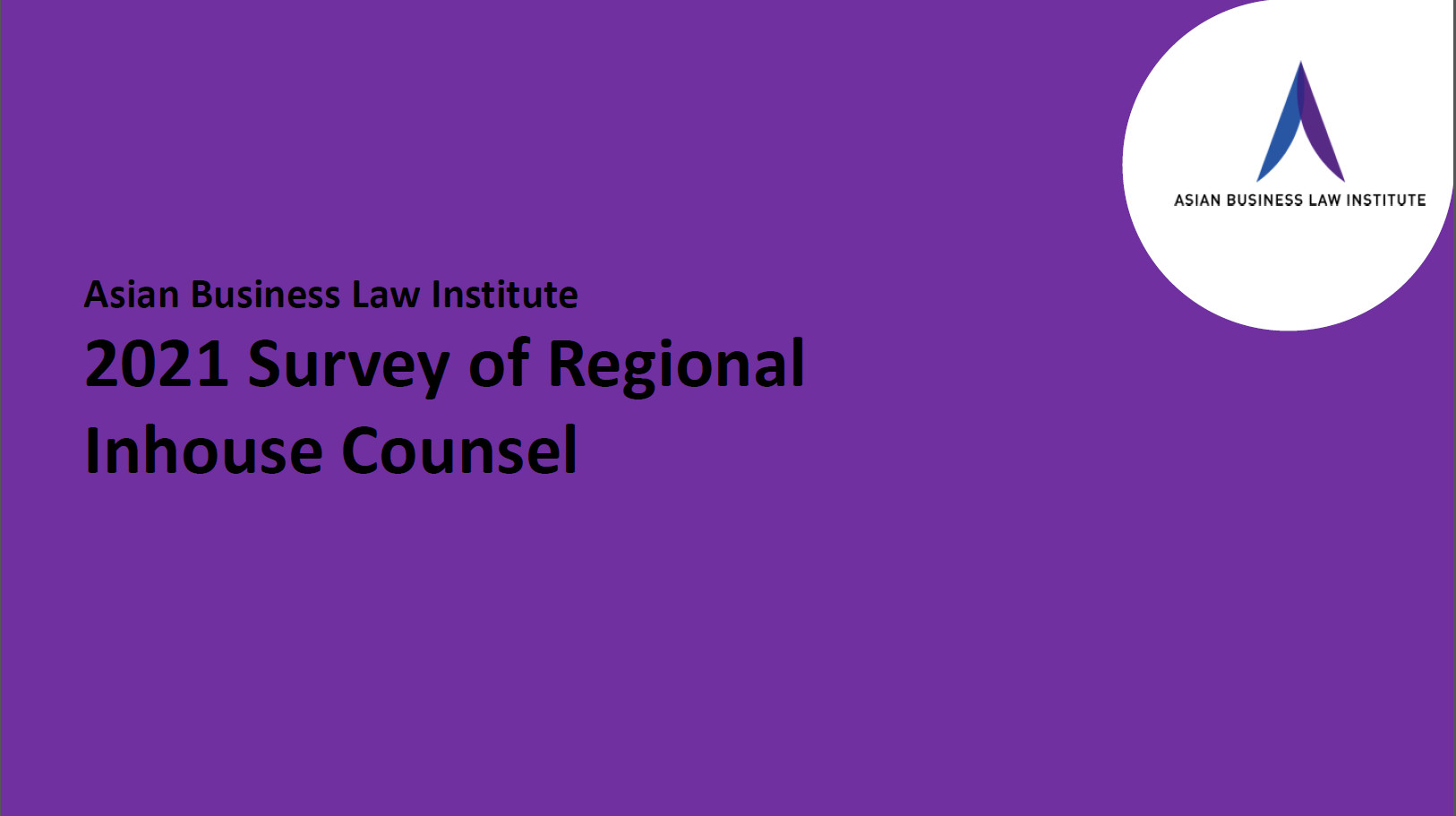
In particular, in-house counsel mentioned that while both parties to a commercial transaction knew, most of the time, that negotiations would end up somewhere in the middle, they continued to engage in back-and-forth discussions, incurring time and monetary costs that could have been avoided. If there were standard terms for general commercial contracts which are produced by a neutral body and which allocates risks in a relatively balanced manner to both sides to a transaction, then in-house counsel could use such terms as a common baseline during negotiations with the peace of mind that those terms do not excessively favour any party.
Approach
Armed with findings from the survey, ABLI has designed seven questionnaires, each focusing on one of the following areas that are key to a commercial contract. Fifteen law firms and other individual experts have generously agreed to contribute to the project by responding to those questionnaires.
Topics
Administrative and tax
Breaches and remedies
Extra-contractual liabilities
Internationalities
Interpretation
Party identification and execution
Risk management (such as indemnity and liquidated damages clauses)
Jurisdictions
Twelve top governing law and contracting jurisdictions identified by in-house counsel from the survey are considered by the Project:
Civil law: China, Indonesia, Japan, Thailand and Vietnam
Common law: Australia, India, Malaysia, Singapore, English law and New York law
Hybrid: The Philippines
Publications
“Do you Know” Series
This series of short teasers provide readers with a quick bite of the laws of the above 12 jurisdictions in a particular topic on contracts, designed for time-strapped in-house counsel who wants to have a quick scanning of the key traps to avoid when negotiating contracts in a particular jurisdiction.
- “Do you know” series: “Indemnity” and “Liquidated Damages” Clauses in Select Civil Law and Hybrid Jurisdictions in Asia
- “Do you know” series: “Indemnity” and “Liquidated Damages” Clauses in Select Common Law Jurisdictions
Full commentaries
Full commentaries published under the project focuses on specific clauses in a commercial contract. The publications often examine the actual operations of those contracts, whether those clauses are understood in the same manner in civil law and common law jurisdictions, and whether analogues clauses or concepts are available.
Contract Laws of Asia – Indemnities (PDF)
August 2022
Contract Laws of Asia – Liquidated damages and penalty clauses (PDF)
January 2023
Model Clauses for Contracting in Asia (PDF)
March 2023
Contract Laws of Asia – Limitations of Liability (PDF)
July 2023
Contract Laws of Asia – Remedies for breach of contract (PDF)
September 2024


